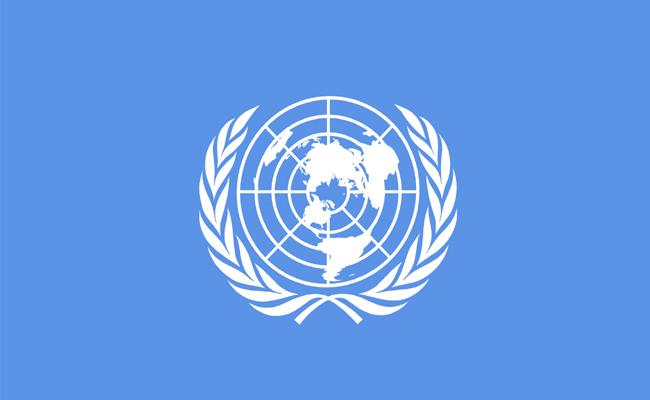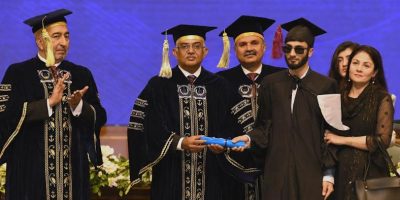Experts urge revisit of Intl’s laws to address humanitarian needs

ISLAMABAD, AUG 27 (DNA) – International law experts and Islamic scholars in a two-day national conference held at Institute of Policy Studies (IPS) Islamabad have underscored the need to revisit international laws to address humanitarian issues in conflicts and disasters of the contemporary world.
They also discussed at length the concerning humanitarian principles in light of Islam amidst emerging needs.
This was the crux of the first day of the two-day national roundtable conference titled ‘Islam and Humanitarian Principles’ which was jointly organized by International Committee of the Red Cross (ICRC) and Institute of Policy Studies (IPS), Islamabad.
The event brought religious scholars, law experts, and representatives of humanitarian organizations from across Pakistan on a single platform to discuss different aspects of humanitarian principles in light of Islamic thought and jurisprudence.
The inaugural session of the conference was addressed by Dr Qibla Ayaz, chairman, Council of Islamic Ideology (CII), Khalid Rahman, executive president, Institute of Policy Studies (IPS), Islamabad, Dr Zia ullah Rahmani, senior program officer, ICRC, Dr Muhammad Mushtaq Ahmed, director general, Shariah Academy, International Islamic University, Islamabad (IIUI), Dr Zahid Siddique Mughal, assistant professor, National University of Science & Technology (NUST), Dr Muhammad Munir, vice president, IIUI, Dr Syed Aziz ur Rahman, in-charge, Regional Da’wah Centre, IIUI, Karachi, Dr Shahzad Iqbal Shaam, senior research associate at IPS, and Dr Saqib Jawwad, a civil judge.
Dr Qibla Ayaz was of the opinion that the modern day humanitarian principles were actually very similar to the ideas introduced and practically implemented by Islam centuries ago.
Even now, other than a very few exceptions, there were not many inconsistencies between the principles governing modern day humanitarian laws and the values taught by Islam. There were however many misconceptions prevailing about it, he added, which need be addressed by raising awareness over the matter.
EP-IPS Khalid Rahman, in his opening speech, said that the history of conflicts and natural and other types of disasters was as old as the humans themselves, and so were the efforts to prevent, avert or mitigate them.
Since the purpose behind all these efforts has been to minimize the losses incurred by the calamity, it is only logical to bring gradual improvements in concerning laws and actions, as well as the principles they are based upon, in a bid to address the evolving needs.
Dr Rehmani pointed that the principles governing the international humanitarian laws and the code of conduct offered by Islam in this regard almost go hand in hand as there were not many foundational dissimilarities among them.
As a matter of fact, he stressed, the conduct upheld by Islam provides a room for further improvement in the laws. He said that it was in this light the conference was being organized, with a view to identify areas for improvements in international humanitarian law in line with the Islamic thought.
The other speakers also echoed Dr Rehmani’s viewpoint stressing the need to deal with natural and manmade disasters in line with the humanitarian principles. They were of the view that even the constitution and laws of Pakistan should consider benefitting from the basic humanitarian principles and the provisions to incorporate the international humanitarian law must be explored. DNA
=============
Related News

Pakistan, Austria vow to boost bilateral ties in diverse fields
ISLAMABAD, FEB 16: Prime Minister Shehbaz Sharif on Monday said that Pakistan was working withRead More

Naval Chief confers degrees at Bahria University convocation
ISLAMABAD, FEB 16 /DNA/ – Bahria University, Islamabad, held its 28th Convocation Ceremony. Chief ofRead More


Comments are Closed